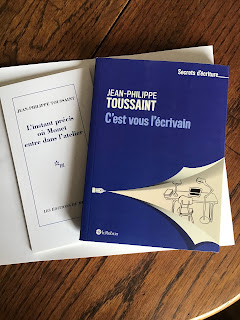From the publisher’s blurb:-
NICHOLAS MURRAY’S many books include poetry, two novels, critically acclaimed biographies of Franz Kafka, Aldous Huxley, Bruce Chatwin, Andrew Marvell, and Matthew Arnold, and studies of Liverpool, Bloomsbury, and British poets of the First World War. He is a Fellow of the Welsh Academy and, with his wife Sue, runs the prize- winning poetry imprint, Rack Press.
ELSEWHERE: Collected Poems of Nicholas Murray was published in 2022. His poems deal with love and art, humanity, politics, and the natural world in a body of work marked by both passion and fine craftsmanship. David Harsent wrote that Murray has ‘a sure hand, whether with hard-edged satire... or sense impressions that produce place and event so vividly.’
PRAISE FOR EARLIER COLLECTIONS OF POEMS:
Of earth, water, air and fire: ‘A real treat...an elemental menagerie in which the poet’s own delight through verbal magic becomes ours.’ Christopher Reid
The Museum of Truth: ‘A stunning collection.’ Martina Evans
City Lights: ‘The poems have an emotional intelligence, a wit, I really admire.’ Michèle Roberts


